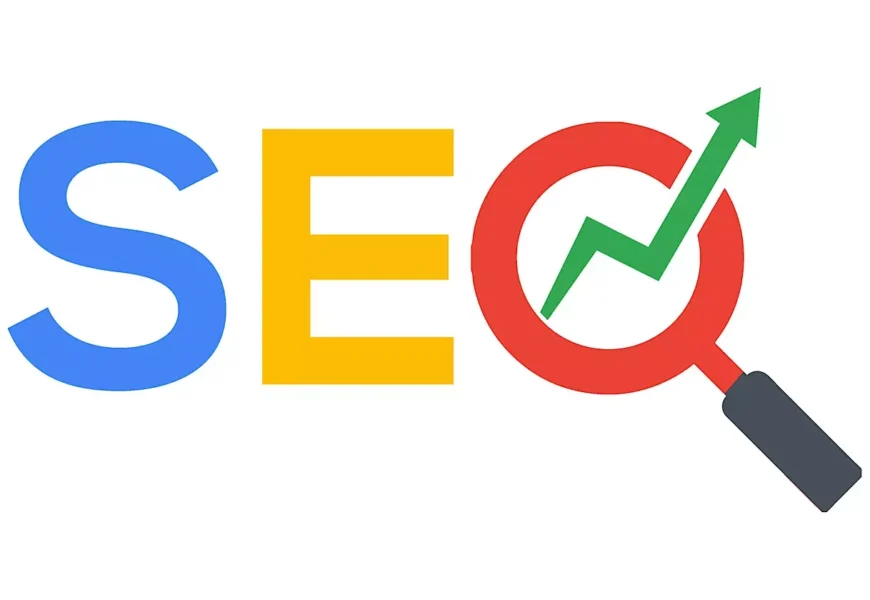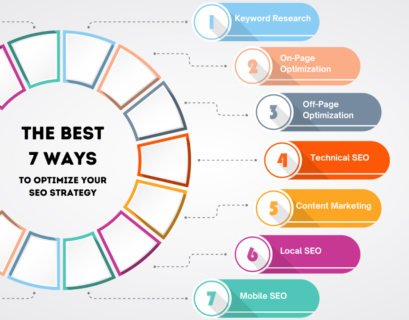What is Search Engine Optimization (SEO)?
Search Engine Optimization (SEO) is the practice of enhancing your website’s visibility on search engines like Google. The primary goal is to increase organic traffic by making your site more relevant and accessible to search engine users.
Why is SEO Important?
In a crowded digital landscape, SEO ensures your website stands out. It drives more traffic, improves user experience, and can significantly boost your brand’s credibility.
Understanding Search Engines
How Do Search Engines Work?
Search engines use algorithms to index and rank websites based on various factors like keywords, site structure, and backlinks. They crawl websites to gather information and rank them according to relevance and authority.
The Role of Search Engine Algorithms
Algorithms are complex sets of rules used by search engines to determine which pages should appear in search results. Keeping up with algorithm changes is crucial for maintaining high search rankings.
Key Components of SEO
On-Page SEO
Keyword Research
Keyword research involves identifying the terms and phrases users are searching for. Tools like Google Keyword Planner and SEMrush can help you find relevant keywords for your niche.
Content Optimization
Creating high-quality, engaging content that addresses user intent is vital. Use keywords naturally within your content, including titles, headings, and body text.
Meta Tags and Descriptions
Meta tags and descriptions help search engines understand your page content. Craft compelling meta descriptions to improve click-through rates.
Off-Page SEO
Link Building
Link building is acquiring backlinks from other websites. Quality backlinks from reputable sites can boost your site’s authority and rankings.
Social Media Engagement
Social media signals can indirectly influence SEO. Engaging with users on platforms like Facebook, Twitter, and LinkedIn can drive traffic and improve brand visibility.
Technical SEO
Site Speed and Performance
A fast-loading website enhances user experience and can positively impact your search rankings. Tools like Google PageSpeed Insights can help you analyze and improve site speed.
Mobile Friendliness
With mobile-first indexing, ensuring your site is mobile-friendly is crucial. Responsive design ensures your website functions well on all devices.
Site Structure and Navigation
A well-organized site structure helps search engines crawl your site more effectively. Use a clear hierarchy with descriptive URLs and an XML sitemap.
Advanced SEO Strategies
Local SEO
Local SEO focuses on optimizing your site for local searches. Claim and optimize your Google My Business listing to improve visibility in local search results.
Voice Search Optimization
As voice search becomes more popular, optimizing for voice queries is essential. Use natural language and long-tail keywords to capture voice search traffic.
SEO Analytics and Monitoring
Regularly monitor your SEO performance using tools like Google Analytics and Google Search Console. Analyze metrics like traffic, bounce rate, and keyword rankings to refine your strategy.
Common SEO Mistakes to Avoid
Keyword Stuffing
Overusing keywords can lead to penalties. Focus on creating valuable content that naturally incorporates relevant keywords.
Neglecting User Experience
A website that is difficult to navigate or slow to load can drive users away. Prioritize user experience to keep visitors engaged.
Ignoring SEO Trends
SEO is constantly evolving. Stay updated with the latest trends and algorithm updates to maintain your competitive edge.
Conclusion
SEO is a multifaceted discipline that requires ongoing effort and adaptation. By understanding and implementing key SEO strategies, you can improve your website’s visibility, attract more traffic, and achieve your digital marketing goals. Remember, SEO is not a one-time task but an ongoing process that evolves with changes in search engine algorithms and user behavior.
FAQs
1. How long does it take to see results from SEO? SEO is a long-term strategy, and results can vary. Typically, it takes several months to start seeing noticeable improvements in search rankings and traffic.
2. What is the difference between on-page and off-page SEO? On-page SEO involves optimizing elements within your website, such as content and meta tags. Off-page SEO focuses on factors outside your website, like backlinks and social media engagement.
3. How often should I update my SEO strategy? Regularly review and update your SEO strategy to keep up with changes in search engine algorithms and industry trends. Aim for at least a quarterly review.
4. Can I do SEO myself, or should I hire a professional? While DIY SEO is possible, hiring a professional can provide more expertise and efficiency. A skilled SEO expert can help you develop and implement a comprehensive strategy.
5. What are some free tools for SEO? Several free tools can assist with SEO, including Google Analytics, Google Search Console, and Ubersuggest. These tools can help with keyword research, performance tracking, and site analysis.















